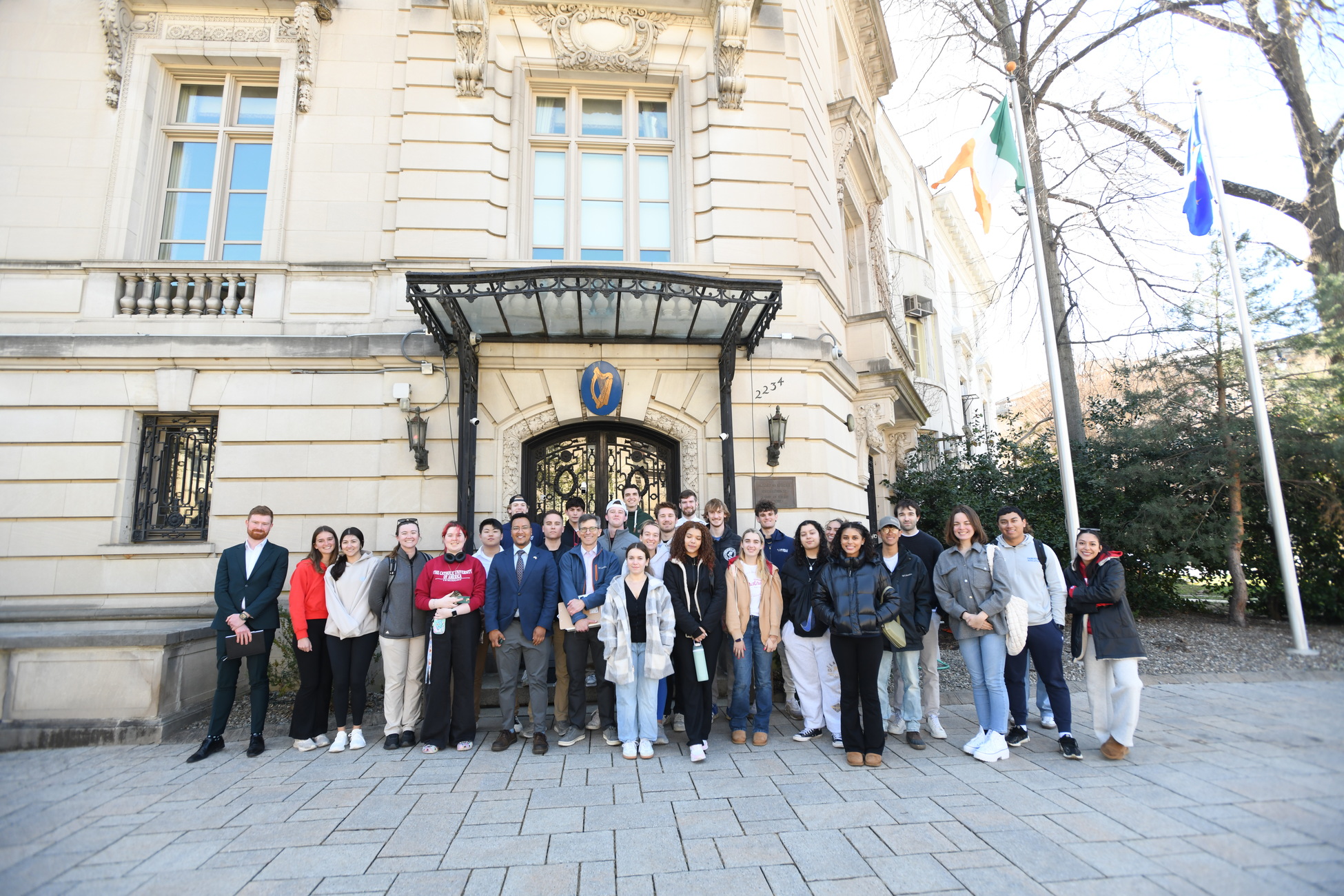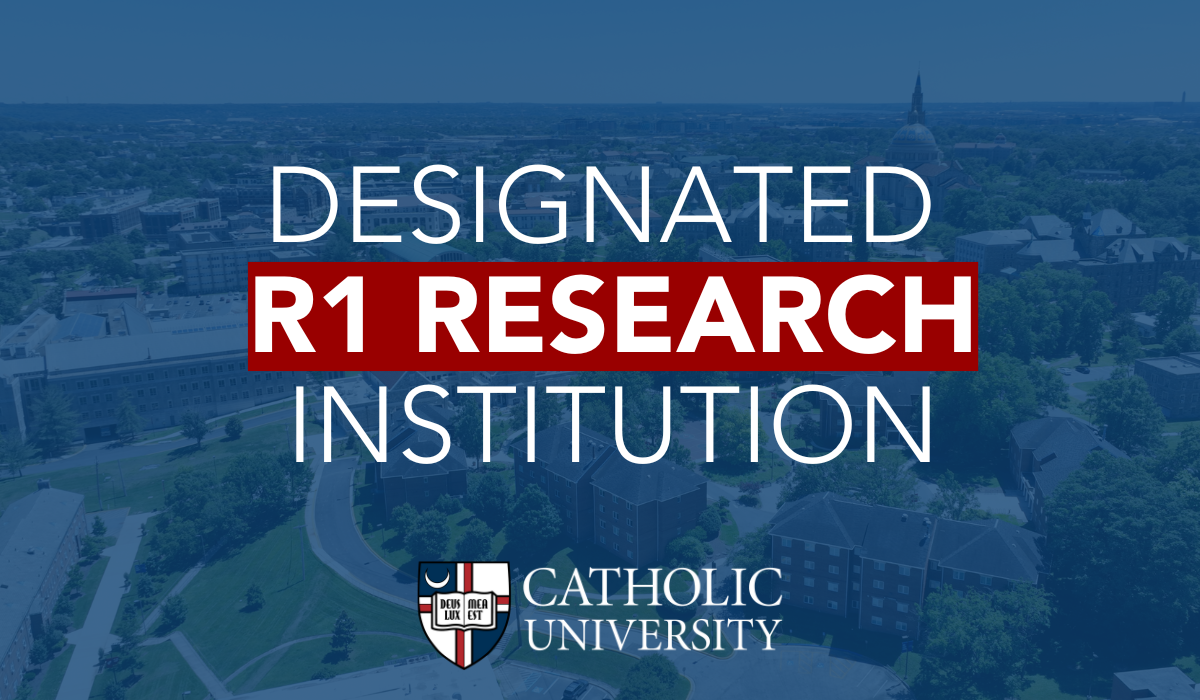BY KATHRYN MULLAN
If you could find a shortcut around all those jobs you rolled through after college to find the one that really resonated, would you take it? If there were a way to nearly guarantee that you would not hate your first job “in the real world,” would you be curious about taking that path?
According to Gallup’s State of the Global Workplace 2024 report, the percentage of engaged employees globally (those who feel involved in and enthusiastic about their work) was only 23%, with global engagement stagnant and overall employee well-being in decline. This same report indicated that 62% of the global population of workers did not feel engaged (i.e., they do the bare minimum and are uninspired by work), with an additional 15% actively disengaged. The result is that the majority of the world’s employees continue to struggle at work, with direct consequences for organizational productivity.
From a well-being perspective, this same Gallup report found that only 34% percent of employees were thriving in their lives in 2023 — a statistic that is also in decline. Also noteworthy: This decline was felt most by younger workers as a sense of well-being among workers under 35 fell from 35% to 31%.
Reversing the Trends
So what’s the key to post-graduation success? How is an 18-year-old coming to college for the first time supposed to chart a path to meaningful work and a life of happiness?
For many first-years, college can be a lonely experience: leaving home, unsure of a path, needing to make new friends in a new city or town. It is a great responsibility that universities carry to create a friendly and well-structured environment that nourishes all types of people and encourages them to grow. And in a community like The Catholic University of America, it is a responsibility not taken lightly.
“It’s a monumental effort to lay the groundwork for your students to have an authentic Catholic education, to see clearly, to understand our world, to understand the truth about the human person and each person’s vocation from God,” said President Kilpatrick in a talk he gave on the renewal of Catholic education in 2023. “The joy of our profession and vocation as Catholic educators is to share this vision with our students to enable them to see that whatever their profession or their vocation, they can discover the handiwork of a God who loves them.”
Finding the Way
There are many paths to follow and many means that a university can leverage to pave a way for success. The Center for Academic and Career Success (CACS) at Catholic University has guided many students through academic advising and walking students through the process of what it takes to land in a good career spot.
Anthony Chiappetta leads the CACS team and takes a keen interest in seeing its impact continue to grow and take hold in new ways. With networking events, career fairs, career coaching, resume-writing, and mock interviews, the student support options are numerous.
Beyond the typical career advising and support, Catholic University has an intentional approach to the process across the board. Several years ago, the University revamped how all majors need to address and include an “enduring questions” element to programming.
Those questions explore the traditional focal points of a liberal arts education — the human condition, knowledge and wisdom, freedom and justice, and the nature of God — but they also look at the individual and who s/he really is, why s/he was created, and how that aligns with what course of study to take.
This was the beginning of the shift to creating a more systematic curriculum to prepare each student for a life after University that would be vocational, connected to the individual’s greater purpose. Simultaneously, the Busch School of Business began to create a more formalized structure that would serve as a model for the rest of campus.
To receive accreditation, business schools need a career development office that offers credit-based courses with that particular focus. To meet that requirement, the Busch School built what they call the “99 Series,” a program that begins on day one of a first-year student’s journey.
“Our career development program was created when the School of Business was founded and truly is an extension of our mission and key principles,” said Caroline Bernard, director of career strategy development for the Busch School. “Our mission is to seek truth through teaching and research excellence in the light of the Catholic faith, promoting business as a force for good. Our key principles are taken largely from Church social teaching: human dignity, the common good, virtue, freedom… all key building blocks to our approach to each student’s vocational calling.”
With this program and the Career Development team, a prototype was born.
“What is unique about the Busch School,” said Chiappetta, “is the virtues-based curriculum they have that flows from their mission. This makes a discussion about career goals become vocation-based and really drives it to a higher level. As of now, this is a key differentiator between the Busch School career program and any others out there.”

Building a Foundation
The Busch School’s career team aims to launch students on energizing and impactful career paths that resonate with who they are. This is no easy task and takes all four years to intentionally build, but it has yielded consistently positive results. Ninety-eight percent of graduates are placed in jobs, and 88% report being happy and thriving six months beyond graduation, far above the national average. What is their secret?
“From the beginning, our focus has been on helping each student navigate a discernment process,” said Hannah Cundey Hix, manager of employer engagement and experiential learning. She also is a recent BSB graduate, Class of 2021, who returned to the school to continue its great mission.
The heart of the curriculum is the “99 Series,” a series of four credit-based courses with a certain theme that are required each year. But the foundation on which all this is built is the Vocation to Business course, taught by Andreas Widmer to first-year business students.
“At the start of this class, I have each person dive deep into the question: ‘Who am I?’” said Widmer. “We do that through a process which eventually we call finding my moral compass, my true north, so they get to know their talents and then can truly ask when starting a business: ‘These are my talents, how may I help you?’”
Widmer helps to coach them along a philosophy of work that he learned from Pope John Paul II, who said that: “When we work, we don’t just make more, but we become more.” Widmer goes further, saying: “Working like this is to partake in God’s creative power and become co-creators with Him. Made in His image and likeness, we are called to imitate him as creators and thus become more like him as we do that. This way, work becomes a critical part of our path to holiness.”
He adds: “What sets Catholic University apart in terms of approach is our intentionality — what does our Christianity have to do not only with what we do at work but also how and why we do it?”
Made in His image and likeness, we are called to imitate Him as creators...This way, work becomes a critical part of our path to holiness.
-Widmer
With that as the working premise, the 99 Series of courses builds upon each student’s journey of self-discovery. In the first year, the 199 theme is understanding with a focus on: “What do you want your major to be? What really interests you, what motivates you?” Sophomore year, the 299 theme is building, with a focus on tactical skills needed to launch a career, like resume-building and cover letter-writing. Junior year, the theme is application and the course is all online and asynchronous. The goal for that course is to earn a certain number of points by attending networking events, campus lectures, and recruiting sessions, as well as conducting several informational interviews with alumni and people in the community.
“The final senior-year course, 499, has really become my ‘baby,’ as I wanted to resurrect what I had in my final year as a business student,” said Hix. “The course used to focus on presentation skills but I have pivoted the theme to launching a career, preparing for a meaningful opportunity that you are excited to begin.”
In that course, Hix leads them through offer letters, 401(k) plans, health insurance, salary negotiation, and how to create a budget. She also facilitates a vocational class with Dean Andrew Abela and his wife on the call to marriage and what work-life balance looks like with a career and a family. She leads a “notable alumni panel” session with Busch School graduates who share what they wish they knew before launching their early careers. Students also have the opportunity to introduce themselves and make connections that expand their options for the future.
One key element throughout this program is the personalized approach to each individual, which happens concurrently over the four years.
Hix said: “We have found the one-on-one coaching approach to be extremely powerful in shaping the personalized element of the vocation of each student. So much so that at the beginning of the 2023–2024 academic year, each of the three people on the career team took 30–40 seniors and became their designated career coach to ensure they landed placement after graduation.”
This yielded record returns and also forged closer connections with the newest University alumni class.
“I now know one-third of that student class even better and can personally invite them to a career networking event, an interview night, or to be on a panel,” said Hix. “These are real long-term relationships that are so important and mutually beneficial to our whole community!”
“We have found the one-on-one coaching approach to be extremely powerful in shaping the personalized element of the vocation of each student.
-Hix
But no good news stays hidden for long. Members of this career development team now sit on a Career Development Council, led by Ryane Cheatham, who stood up this initiative after joining the CACS team in 2019.
“When I first came onboard, I identified a need for a cross-campus team who were working with students toward the same career development goals, and so I created the Council,” said Cheatham. “This Council has been a great way to share resources; access to survey data that we collect; technology like Handshake which helps run events, registration, report data; and much more.”
Members of this council meet regularly to share lessons learned and what is working in their events and outreach or employer relations programs. Cheatham and her CACS team works with deans to continually grow this group, as new hires join various Schools and begin to build out this work.
“I will say that the Busch School has done a fantastic job of being a trailblazer on this front and really showing how we can integrate and support each other…and everyone is seeing its success and wants to keep building on that,” said Cheatham. “You can feel that momentum across campus!”
A Rising Tide
The idea of starting these types of embedded career development teams and credit-based programs is starting to pop up across campus, as evidenced by the recent career development hire in the School of Arts and Sciences. Lisa O’Quinn (B.A. 1986), Ed.D., who is the new Assistant Dean for Community Engagement, Outreach, and Experiential Learning, is one of the newest members of the Council.
“The Career Development Council pulls everyone together to share best practices and templates — what works and what doesn’t,” said Chiappetta. “The BSB team shares their resources so we are able to provide services together across the university.”
Much more progress will happen on this front as programs like the Busch School’s start to stand up. It’s a great trend that, in the end, will be evident in positive, engaged alumni across so many disciplines in the workforce.
What does such an aspirational goal have to lose except the possibility of many more vocational paths for happy, thriving individuals? And if happiness is the highest good, as Aristotle asserts, the University cannot go wrong in creating more of these moments of self-discovery.
With this approach, the University will be elevating our students on their way after graduation — sending forth many more lights into our world to multiply this great work.



